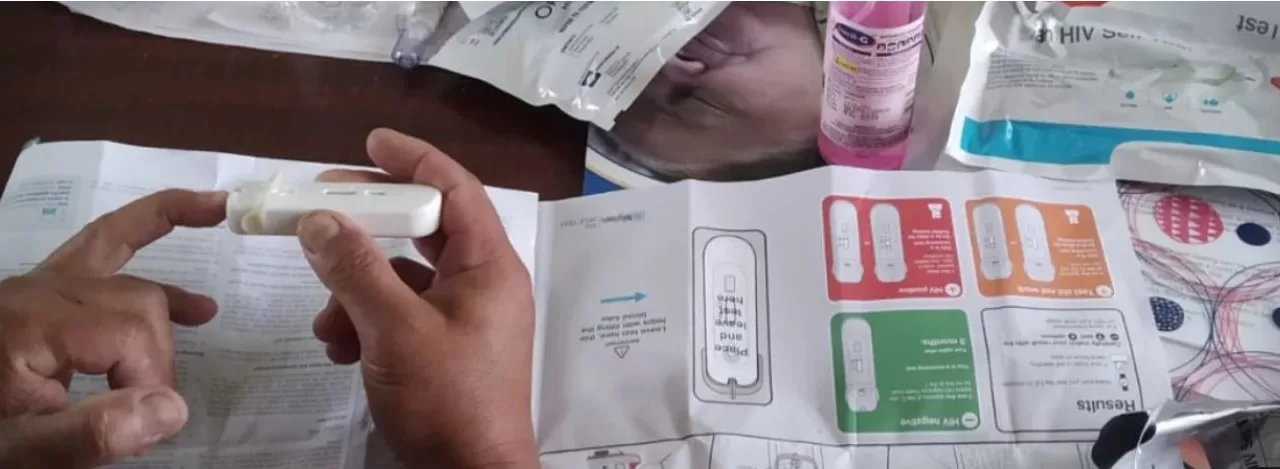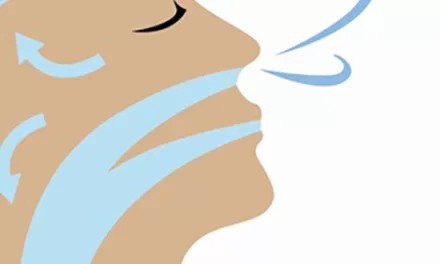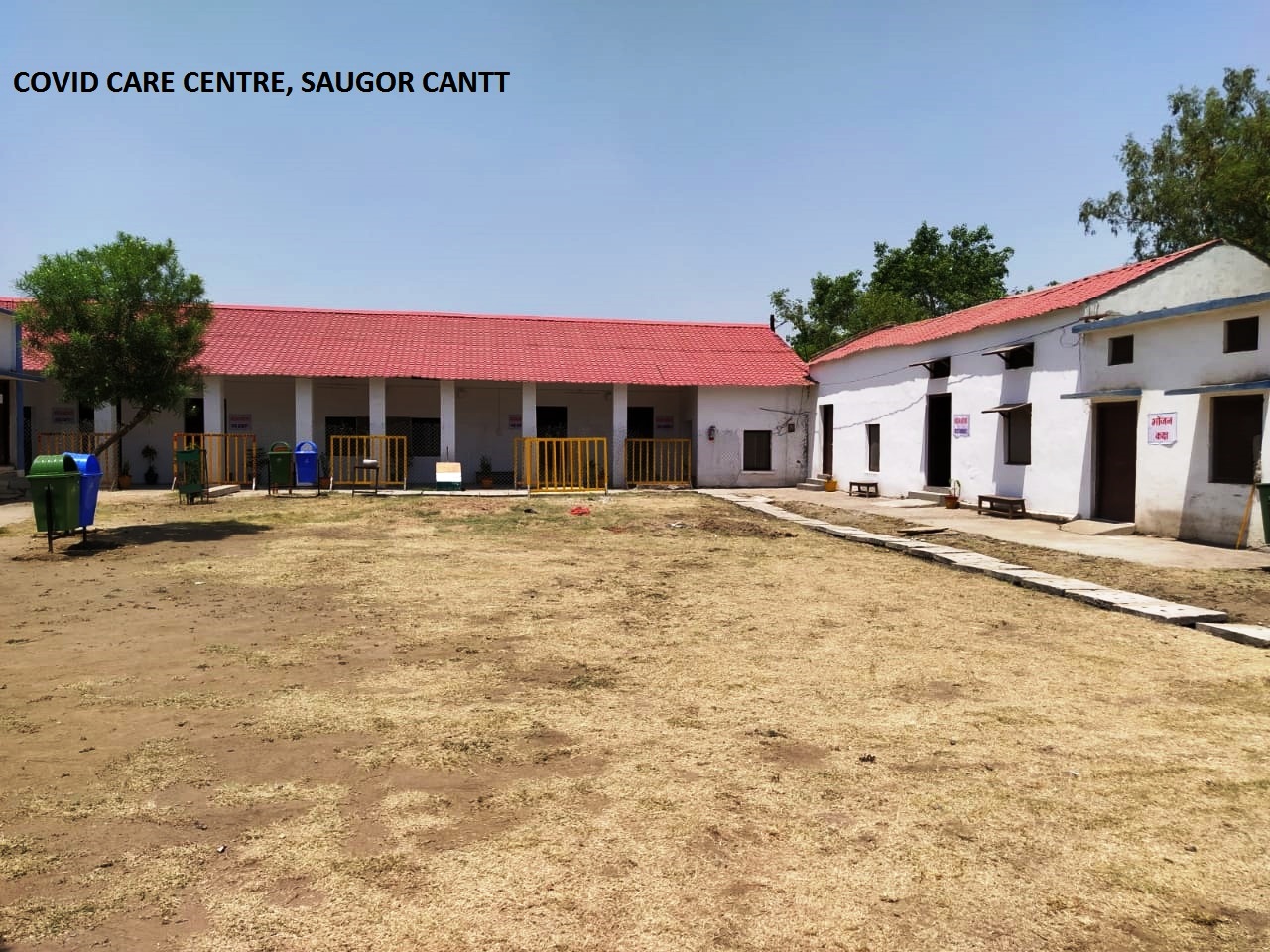February 11, 2025
The global fight against HIV/AIDS could face a severe setback if the United States withdraws its financial support, with the number of new infections potentially rising more than sixfold by 2029, according to UNAIDS Executive Director Winnie Byanyima. She cautioned that such a move could lead to millions of deaths, orphaned children, and the emergence of more resistant strains of the disease.
In an interview with The Associated Press, Byanyima highlighted the progress made in reducing HIV infections, which dropped to 1.3 million new cases in 2023—a significant 60% decline since the epidemic peaked in 1995. However, the recent announcement by President Donald Trump to freeze all foreign assistance for 90 days has sparked concerns that by 2029, the world could see 8.7 million new HIV infections, a tenfold increase in AIDS-related deaths to 6.3 million, and 3.4 million more children left orphaned.
“We will see a surge in this disease,” Byanyima said from Uganda. “This will cost lives if the American government doesn’t change its mind and maintain its leadership.”
Immediate Consequences Felt in Africa
The abrupt funding freeze has already had devastating consequences in African countries, where U.S. support accounts for approximately 90% of HIV/AIDS programs. Byanyima reported that in one Kenyan county alone, 550 HIV workers lost their jobs, while thousands were dismissed in Ethiopia, crippling efforts to monitor and contain the epidemic.
She emphasized the necessity of U.S. leadership in the fight against HIV, noting that nearly $400 million in aid supports crucial programs in nations such as Uganda, Mozambique, and Tanzania. “We can work with the Americans on how to decrease their contribution if they wish to, but cutting it suddenly is catastrophic,” she said.
Impact on HIV Prevention Innovations
Byanyima also expressed concern that the funding freeze comes at a time when the HIV/AIDS community has seen groundbreaking advancements, including lenacapavir—a twice-yearly injection that offers near-complete protection against HIV in women and shows promising results in men. This medical breakthrough, developed by the American pharmaceutical company Gilead, could help eliminate HIV as a global public health crisis within five years.
She argued that U.S. investments in HIV/AIDS initiatives have benefited both American innovation and global health. “International aid helped an American company to innovate and create something that will generate millions in revenue while also preventing new infections worldwide,” she noted. “This funding freeze simply doesn’t make economic sense.”
Calls for Global Intervention
With the U.S. withdrawal, Byanyima is urging other global donors, particularly European nations, to step in. However, no country has yet committed to bridging the gap, though she remains hopeful that discussions with European leaders will lead to increased support.
“People are going to die because lifesaving tools have been taken away from them,” she warned. “I have not yet heard of any European country committing to step in, but I know they are listening and trying to see where they can contribute.”
Conclusion
The sudden U.S. funding freeze has created uncertainty and fear among communities dependent on American aid for HIV/AIDS prevention and treatment. With no immediate alternative sources of funding, millions of lives hang in the balance. UNAIDS continues to advocate for the restoration of U.S. support, warning that without urgent intervention, the world risks undoing decades of progress in the fight against HIV/AIDS.
Disclaimer: This article is based on information provided by The Associated Press and statements made by UNAIDS officials. The views expressed do not necessarily reflect those of all stakeholders involved in global HIV/AIDS initiatives. Readers are encouraged to refer to official government and UNAIDS sources for the latest updates on this issue.











